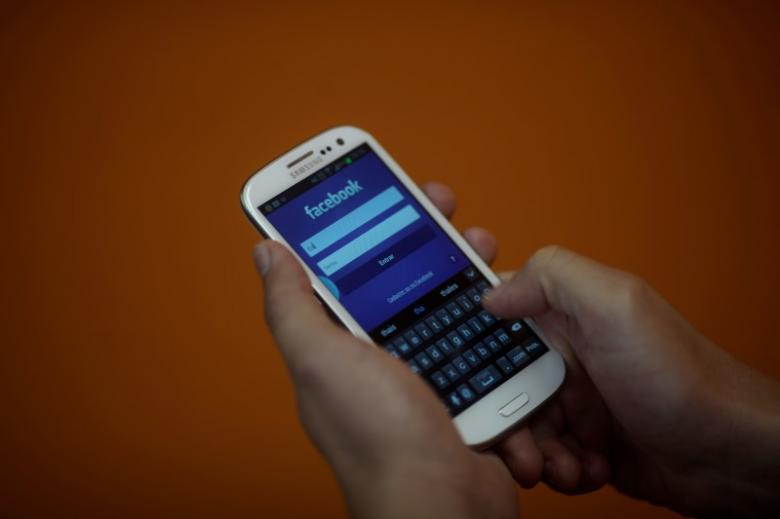
"We see a linear trend that suggests that as the smartphone becomes more noticeable, participants' available cognitive capacity decreases," said Adrian Ward, Assistant Professor at McCombs School of Business at The University of Texas at Austin in the US.
"Your conscious mind isn't thinking about your smartphone, but that process - the process of requiring yourself to not think about something - uses up some of your limited cognitive resources. It's a brain drain," Ward explained.
The researchers conducted experiments with nearly 800 smartphone users in an attempt to measure, for the first time, how well people can complete tasks when they have their smartphones nearby even when they are not using them.
Samsung launches Galaxy S8 and S8+ in Pakistan
In one experiment, the researchers asked study participants to sit at a computer and take a series of tests that required full concentration in order to score well. The tests were geared to measure participants' available cognitive capacity - that is, the brain's ability to hold and process data at any given time.
Before beginning, participants were randomly instructed to place their smartphones either on the desk face down, in their pocket or personal bag, or in another room. All participants were instructed to turn their phones to silent.
The researchers found that participants with their phones in another room significantly outperformed those with their phones on the desk, and they also slightly outperformed those participants who had kept their phones in a pocket or bag.
The findings, published in the Journal of the Association for Consumer Research, suggest that the mere presence of one's smartphone reduces available cognitive capacity and impairs cognitive functioning, even though people feel they are giving their full attention and focus to the task at hand.
In another experiment with similar tests, the researchers found that participants who were the most dependent on their smartphones performed worse compared with their less-dependent peers, but only when they kept their smartphones on the desk or in their pocket or bag.
The experiment also showed that it did not matter whether a person's smartphone was turned on or off, or whether it was lying face up or face down on a desk. "It's not that participants were distracted because they were getting notifications on their phones," Ward said. "The mere presence of their smartphone was enough to reduce their cognitive capacity," Ward added.
Have something to add to the story? Share it in the comments below.




1725030039-0/Untitled-design-(2)1725030039-0-165x106.webp)












COMMENTS
Comments are moderated and generally will be posted if they are on-topic and not abusive.
For more information, please see our Comments FAQ